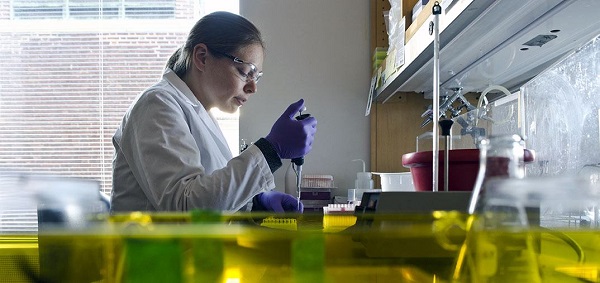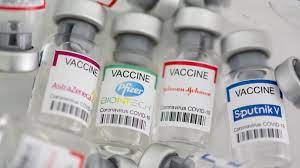
Masters study determines extent of alcohol abuse among HIV patients

An ongoing study, developed as an intervention to decrease hazardous alcohol consumption among people living with HIV in Namibia and Botswana, is led by Melissa Zahralban-Steele, a full-time student in the Masters of Public Health programme at Tufts University’s School of Medicine.
As part of her studies, Melissa came to Namibia in the middle of 2016 to work as a researcher on a pilot study in which she concentrated on epidemiology, bio-statistics, and global health.
By sequencing the genome of the HIV virus of thousands of infected study participants, Melissa and the team under Prof Max Essex at Harvard University, hope to get a better understanding of how HIV spreads within a community. “I’ve been able to be a part of important research that I think is going to have a lasting effect,” she said.
Melissa expects to earn her Masters this May before starting a PhD in genetics or virology in 2018. “I have the impression that no matter what she’ll be doing, she’ll be doing it well,” stated her study leader, Prof Novitsky.
Investigating the high adult HIV/AIDS infection rates in Namibia and Botswana, Melissa is spending her study tour doing fieldwork to help shape her research. “Before going to Namibia, I knew I wanted to pursue my PhD, but I wasn’t sure if I wanted to stay with laboratory research or do more social behavioral research,” she said. “When I was in Namibia, I could see how much laboratory research was needed.”
The idea of setting up research laboratories so local people can work on endemic diseases interests her. “The Botswana Harvard partnership is a good model how to pursue scientific research in developing countries. I think it would be really helpful for countries like Namibia to use the Botswana Harvard partnership as a model.” she said. “That’s what I may want to be a part of in the future.”
Other young researchers working in Prof Essex’s laboratory under the Harvard AIDS Initiative, often use the results from field work as a springboard to their own important work.
Born and raised in New York, Melissa is the first in her family to go to college. After earning a BSc in Biology and MSc. in Clinical Laboratory Sciences from the University of Massachusetts, she was awarded a CDC Emerging Infectious Diseases Fellowship, which took her to the Colorado Department of Public Health in Denver. There, she developed a protocol to improve detection of the rabies virus.












































